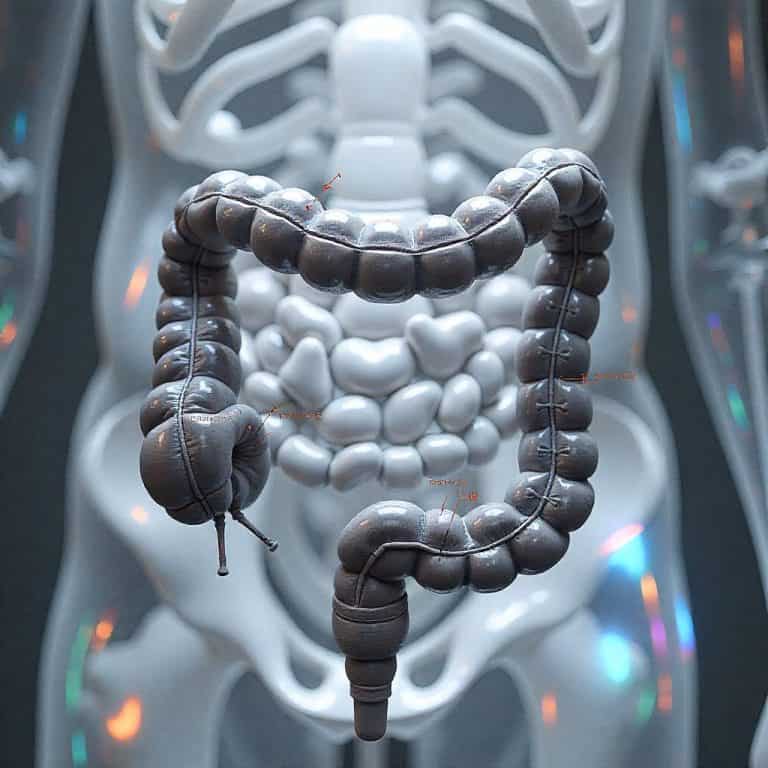Welcome to the Large Intestine quiz! The large intestine is a vital part of the digestive system that helps remove waste from the body. In this quiz, you’ll learn all about the functions of the large intestine and how it plays a crucial role in keeping your body healthy.
Test your knowledge on topics like the different parts of the large intestine, the process of digestion, and common issues that can affect this important organ. Whether you’re a biology buff or just curious about how your body works, this quiz is a great way to learn more about the large intestine and its functions. So, let’s dive in and see how much you know about this fascinating part of the human body!
Play Large Intestine Quiz
Instructions
- This quiz is multiple choice.
- Read each question carefully before selecting an answer.
- Choose the best answer for each question.
- You will see the missed questions with correct answers at the end of the quiz.
Quick Facts
- The large intestine is also known as the colon.
- It is the second to last part of the digestive system.
- Food particles that are not fully digested in the small intestine move into the large intestine.
- It plays a key role in absorbing water and electrolytes from food waste.
- It is about 5 feet long in adults.
- It is made up of four parts: the ascending colon, transverse colon, descending colon, and sigmoid colon.
- One of the main functions is to store waste before it is eliminated from the body.
- Beneficial bacteria in the large intestine help break down undigested food and produce essential vitamins.
- Constipation can occur when waste moves too slowly through the large intestine, resulting in hard, dry stool.
- Regular exercise and a diet high in fiber can help keep the large intestine healthy and functioning properly.
Downloads
Study Tips
- Create a study schedule and stick to it.
- Find a quiet and comfortable study environment.
- Remove distractions such as phones and social media.
- Take breaks every 25-30 minutes to avoid burnout.
- Use active studying techniques like summarizing, highlighting, and teaching concepts to someone else.
- Practice retrieval by testing yourself with flashcards or practice quizzes.
- Stay organized with notes, study guides, and resources.
- Stay hydrated and eat brain-boosting foods like fruits, nuts, and whole grains.
- Get enough sleep to improve memory retention and cognitive function.
- Reward yourself for reaching study goals to stay motivated.
